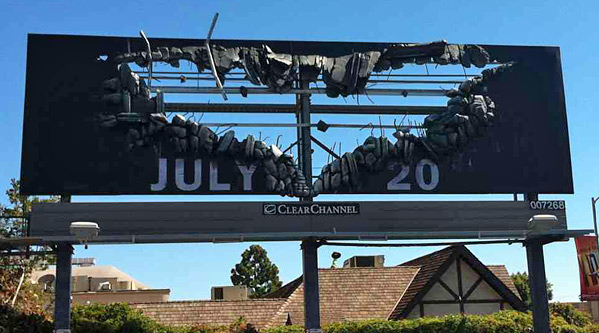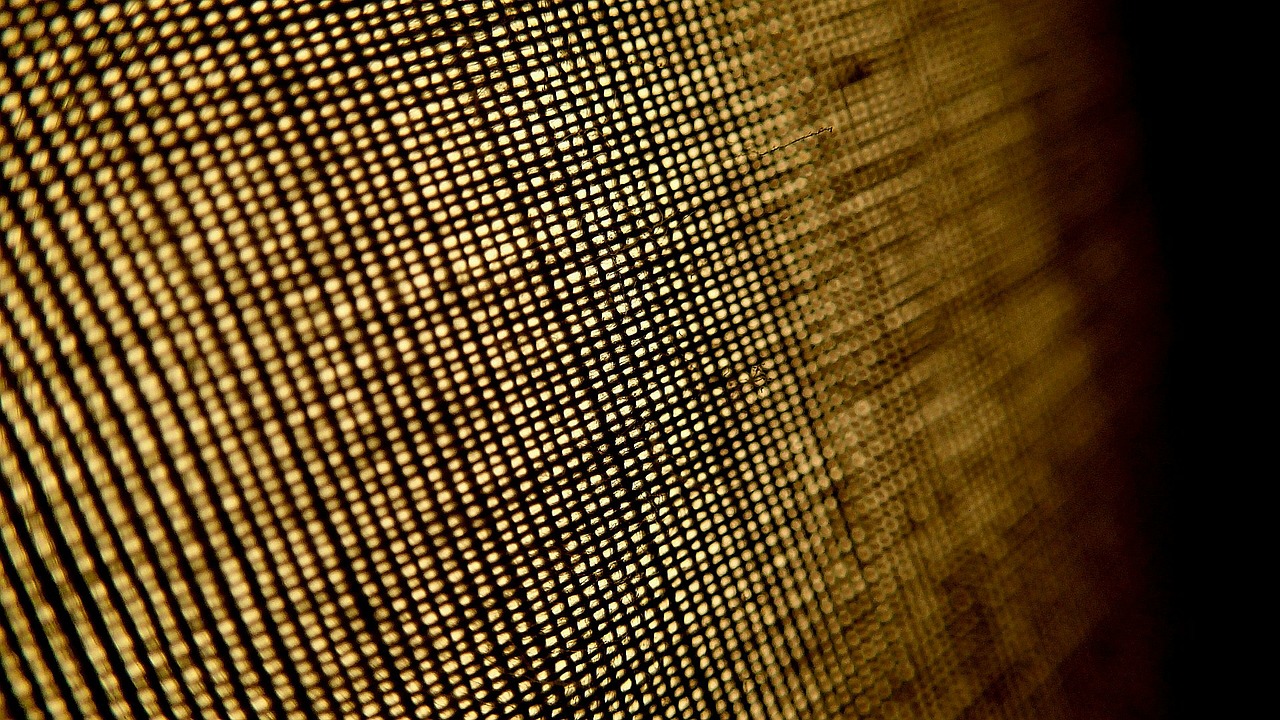The digital revolution changed everything. The Internet is all about data. We give up our data to obtain data from others. This data is then measurable and trackable. For marketers and business owners – this makes it very easy to measure success.
This has caused the purpose of print to change. Because measurability and return on investment is important, any physical materials need to work as hard as possible to justify the investment.
Anything you produce, from business cards to signage has to reinforce the message of your online activity. It is the continuation of the journey as your client’s perception of you move from being a website to a physical business and a group of hardworking professionals.

WHY IS THIS IMPORTANT?
Print is an investment: far more so than online investment where it’s all about measurability. But whereas digital content is intangible and expires within days, printed materials last forever. Or at least as long as the design/content is relevant.
Think of the last time you went to a new supplier meeting and sat in reception. Without really noticing, you were most likely making conscious and subconscious judgements about the business – even before meeting with anyone – based on how the business presents itself.
The colour of the walls, the quality of signage, the informative and inspiring graphics or case studies on the walls.
These provide emotional triggers. As a potential customer for that business, you might want to become the next case study on the wall. This impression might further validate and contextualise your requirement of working with this business.
Where digital capitalises on creating quick emotional triggers – physical print plays the long game.
Offline and online marketing need to work harmoniously together. They can achieve good results independently, but amazing things happen when your efforts across both channel dovetail.
FOR EXAMPLE
Say you had a meeting with a fruit juice drinks company who pride themselves on an ‘all organic’ approach and being one with nature.
What would resonate with you more in terms of their online messaging, images and how they position themselves as a business?
A) Minimalist environment, acrylic or metal signage, ultra-modern furniture accented by glass ornamentation on white plinths.
B) Rustic-chic environment with wooden printed (or branded) signage with rustic furniture to match. Ornamentation is more natural mounted on repurposed railway sleepers.
If you opted for option (A) we applaud your cynicism but option (B) is far more in keeping with the company’s persona online and in their marketing messages.
Yes an acrylic or aluminium sign will look amazing but it communicates the wrong message. It doesn’t reinforce the brand and it doesn’t keep the narrative going.

KEEP THE NARRATIVE GOING
This is really important as deviating from your brand gets noticed. It’s jarring because humans like routine and repeated patterns.
It’s great when a business does something unexpected to the delight of their audience but getting the basics right gives you something to build on.
Therefore, it’s important to put those key brand design elements into everything you do. Even if you’re brand is rustic-chic, your large format print can communicate that on a design level.
Ultimately, what do you want your customer to think of your business? What emotion do you want them to feel? What response would you like this emotion to trigger?
Different print materials present content in their own way.
Business is all about communication. Communicating your values and products to your audience while your customers communicate their appreciation or concerns back.
Communication doesn’t have to be direct. We communicate so much, even without saying anything. More often than not, it’s this form of indirect communication that really matters.
'EMPTY VESSELS MAKE THE MOST NOISE'
It’s not just the content that has to communicate your messaging. Allow the print material to be part of the communication process.

A display printed on aluminium will communicate completely differently to a display printed on wood or canvas. The same can be said for signage, point-of-sale displays and exhibition graphics. It’s not just about the content. It’s about the entire communication process.
The impression you left with the customer is the emotional foundation which you can leverage with your digital marketing efforts. This is where it all comes together.


